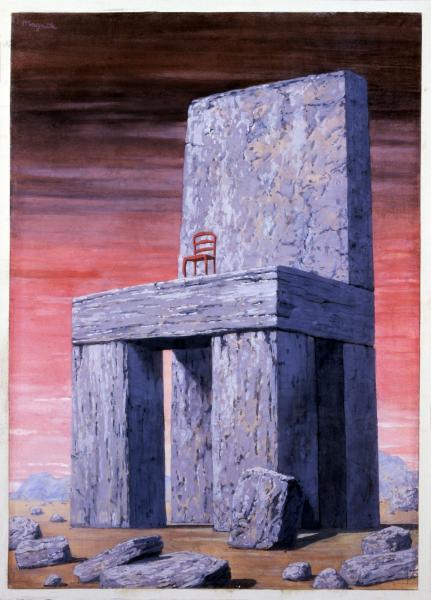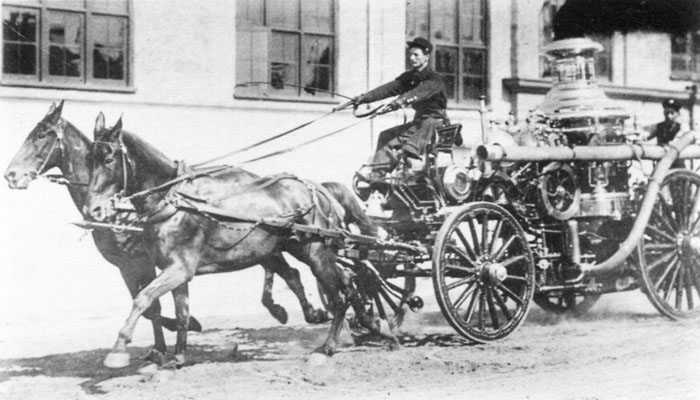By: Robert Avsec, Executive Fire Officer
Those who cannot remember the past are condemned to repeat it.
George Santayana, The Life of Reason, 1905. From the series Great Ideas of Western Man.
George Santayana (1863-1952) was a philosopher, essayist, poet and novelist and his quote stimulated discussion that continues to the present day as shown in an article entitled, Those Who Do Not Learn History Are Doomed to Repeat It. Really? In that article, the author’s main premise was that:
History shows that both those who do not learn history and those who do learn history are doomed to repeat it.
I take a less fatalistic view in that those who never learn lessons from past events have a greater chance of making similar mistakes in the future. That’s why we do post-incident reviews for emergency responses, right?
One Segment of Fire Service History
In April 2015, Bruce Hensler wrote a four-part series for FireRescue1.com on professionalism in firefighting, specifically how it evolved out of the transition from urban volunteers to a paid fire service and how volunteers would later come to embrace the concept of professionalism itself.
Hensler served as a firefighter from 1976 to 2011 in career, combination, and volunteer departments. He previously served as a fire program specialist in the Emergency Response Support Branch of the U.S. Fire Administration, retiring in 2017. He also previously served as deputy director of the operations division for the firefighter training program in Maine.
Hensler has a master’s degree in public administration. His interest in history led him to write “Crucible of Fire: Nineteenth-Century Urban Fires and the Making of the Modern Fire Service.” More information about his book is available at nebraskapress.edu.
The articles in Hensler’s four-part series were “freshened up” and republished by FireRescue1 beginning in January 2020. In case you missed them, either in 2015 or 2020, here are Hensler’s four articles.
1. Firefighting history: How did we get professional?
Our fire service history is steeped in myths, half-truths, and legends; understanding how our service evolved means separating fact from fiction.
2. Did brawling firefighters kill urban volunteer departments?
While rowdyism and thug-like behavior among urban volunteers is well documented, that traditional narrative is somewhat contrived.
3. How the great fires changed the fire service
There is nothing unique about the Pittsburgh fire; history proves that Americans ignored the risks until disaster struck.
4. How fire departments went from volunteer to career
Political ambition and sketchy fire insurance companies pushed cities to convert volunteer departments to career.
More Fire Service History from Bruce Hensler
The ‘War Years’: A brief history of the 1970s fire service
Change is inevitable: A brief history of the 1980s fire service
 Fire & EMS Leader Pro The job of old firefighters is to teach young firefighters how to become old firefighters!
Fire & EMS Leader Pro The job of old firefighters is to teach young firefighters how to become old firefighters!

